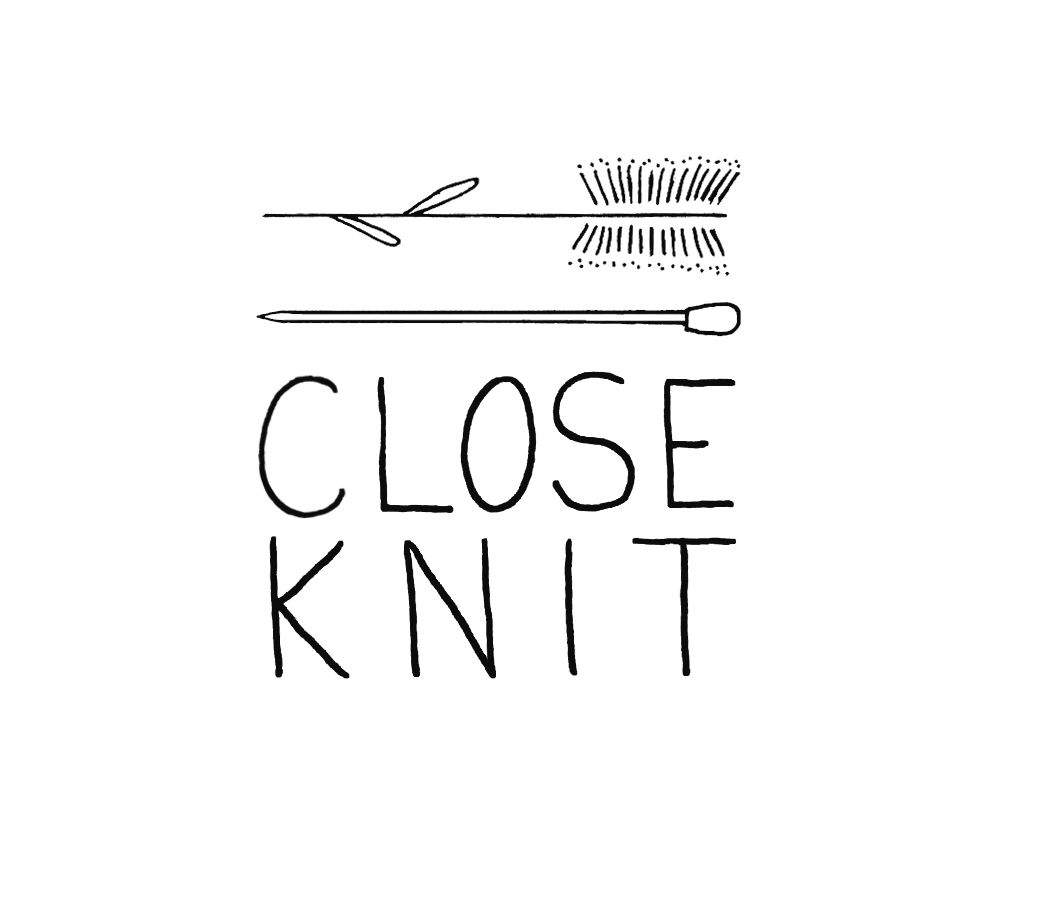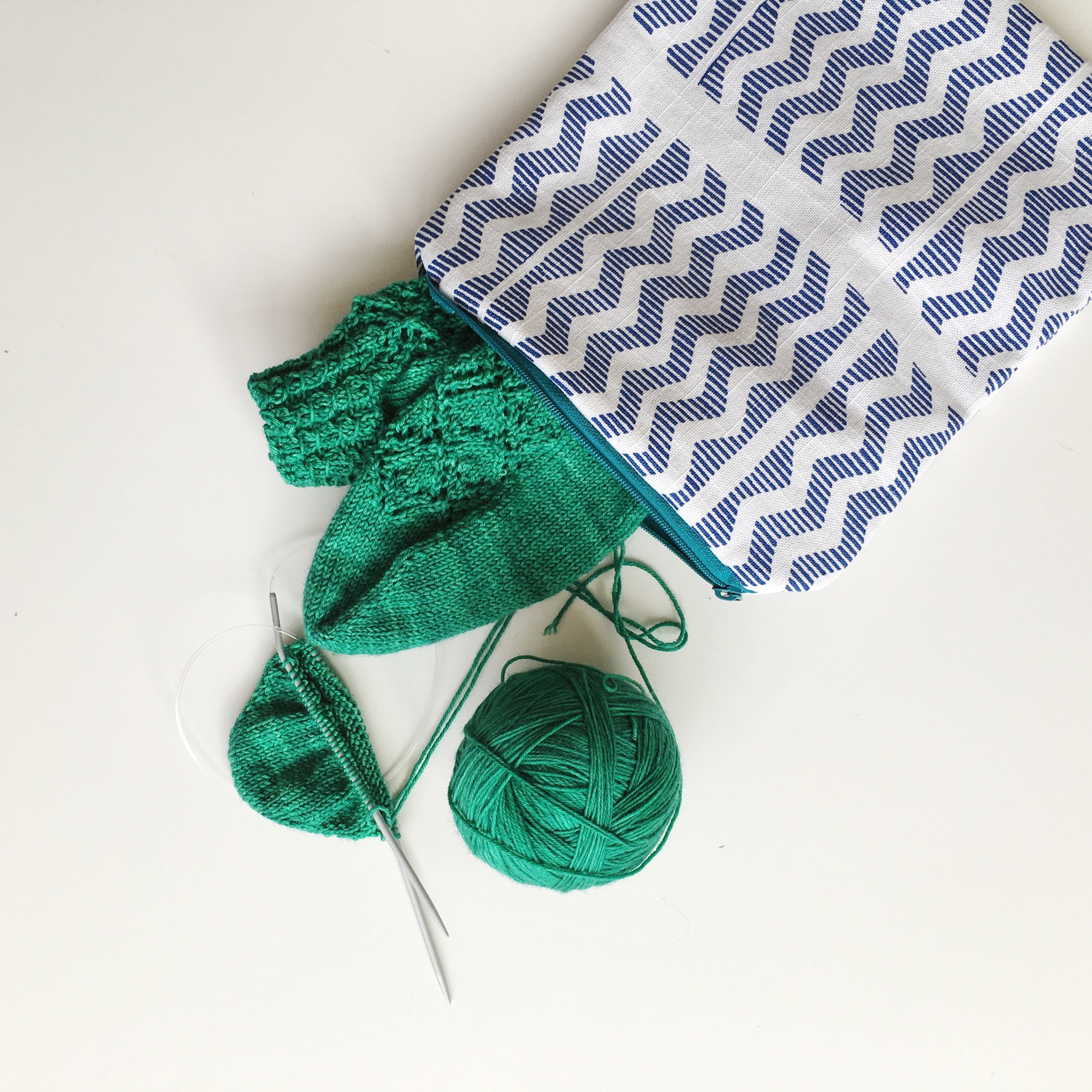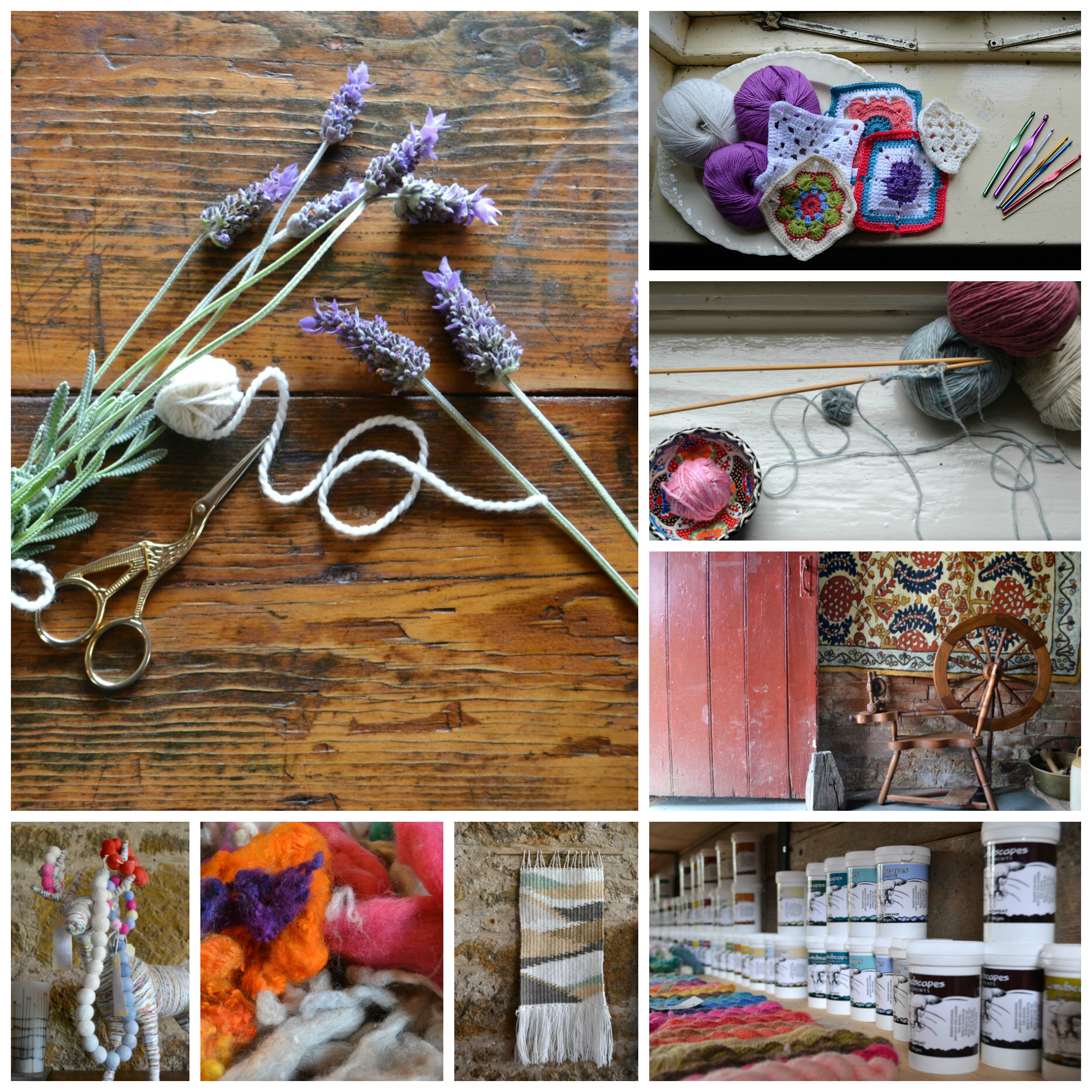EPISODE TWENTY TWO :: Brandi Harper of purlBknit - The "Happy Hustle" of working in Fibre + Notes on Ethnicity in Craft
The Close Knit podcast showcases artists, designers, and makers from all over the world who work with fibre in its many forms. Knitters, spinners, sewers, textile artists - all will be celebrated on the Close Knit podcast.
In episode 22 of the Close Knit Podcast, I spoke to Brandi Harper of purlBknit. Brandi is a knitter and lover of natural fibers who lives in Brooklyn. We cover the usual podcast topics, but Brandi and I took a little bit of a different angle with this podcast episode. It occurred to me recently that my podcast guests, whilst varied in their craft forms, mainly have come from a similar ethnic background. I want to use the podcast as a way to hold space for people of all backgrounds, and especially voices that are not typically heard from in the craft community.
I loved getting to hear Brandi's thoughts on the topics that are not usually vocalised in this community - and I'm going to leave it at that and let this podcast episode speak for itself - I'd highly recommend giving it a listen!
Brandi's biggest bit of advice:
"find people on youtube that you really connect with in terms of their teaching style, their video aesthetic.
Rent books from the library, buying books can get super expensive and you don’t know that the book will answer the questions you have. if you can use natural fibers, if you can use wool."
People/ Things we mentioned in the podcast:
- Purl soho
- verypinkknits
- karen templar - she gives away so much knowledge, she’s talented, always creating new work
- stephen west
Find Brandi: website | instagram
Want more?
- Subscribe: Itunes or Pocket Casts
Like what you're hearing?
Awesome! I'm glad you've found your way to this podcast. Please feel free to subscribe, leave a review on iTunes (this makes all the difference to reaching more people!) and share with your loved ones. Thanks for tuning in.
Until next time!
xx
Ani






























